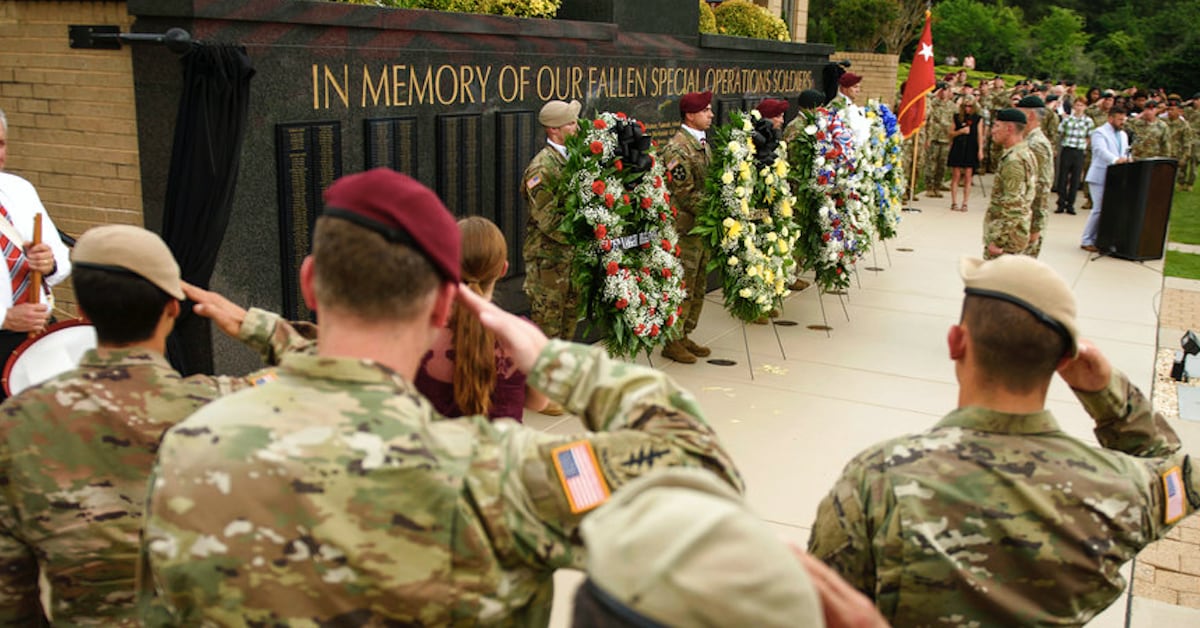The military has reportedly punished six troops, including an Air Force two-star general, for their roles in the October 2017 Niger ambush that resulted in the deaths of four American and four Nigerien soldiers, The New York Times reported Saturday.
The punished troops include Air Force Maj. Gen. Marcus Hicks, who was the commander of all special operations troops in Africa, and two members of the 11-man Army Green Beret team that was ambushed. Three others in the team’s chain of command also were reprimanded, according to the Times' report.
Those punished reportedly include Capt. Mike Perozeni, the Green Beret team leader, and his second in command, a master sergeant. Those two faced reprimands over their planning and team training prior to the mission.
The Times reported that a letter of reprimand given to Perozeni cited the team’s insufficient training and a lack of mission rehearsals. The two senior officers who approved the mission and oversaw the ill-fated operation were not reprimanded, according to the Times, while Hicks was reprimanded for not having appropriate oversight of the officers below him.
A 6,300-page investigation detailed by the Pentagon in May said that the mistakes leading up to the ambush were widespread. An unclassified eight-page summary was released for public viewing.
RELATED
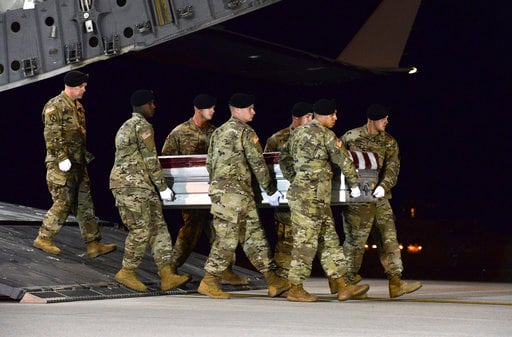
“The direct cause of the enemy attack in Tongo Tongo is that the enemy achieved tactical surprise there, and our forces were outnumbered approximately three to one,” said AFRICOM’s former chief of staff, Army Maj. Gen. Roger Cloutier, who led the investigation.
The AFRICOM investigation had 23 findings. Three pertain to the ground commanders involved with filing and approving the paperwork for the mission.
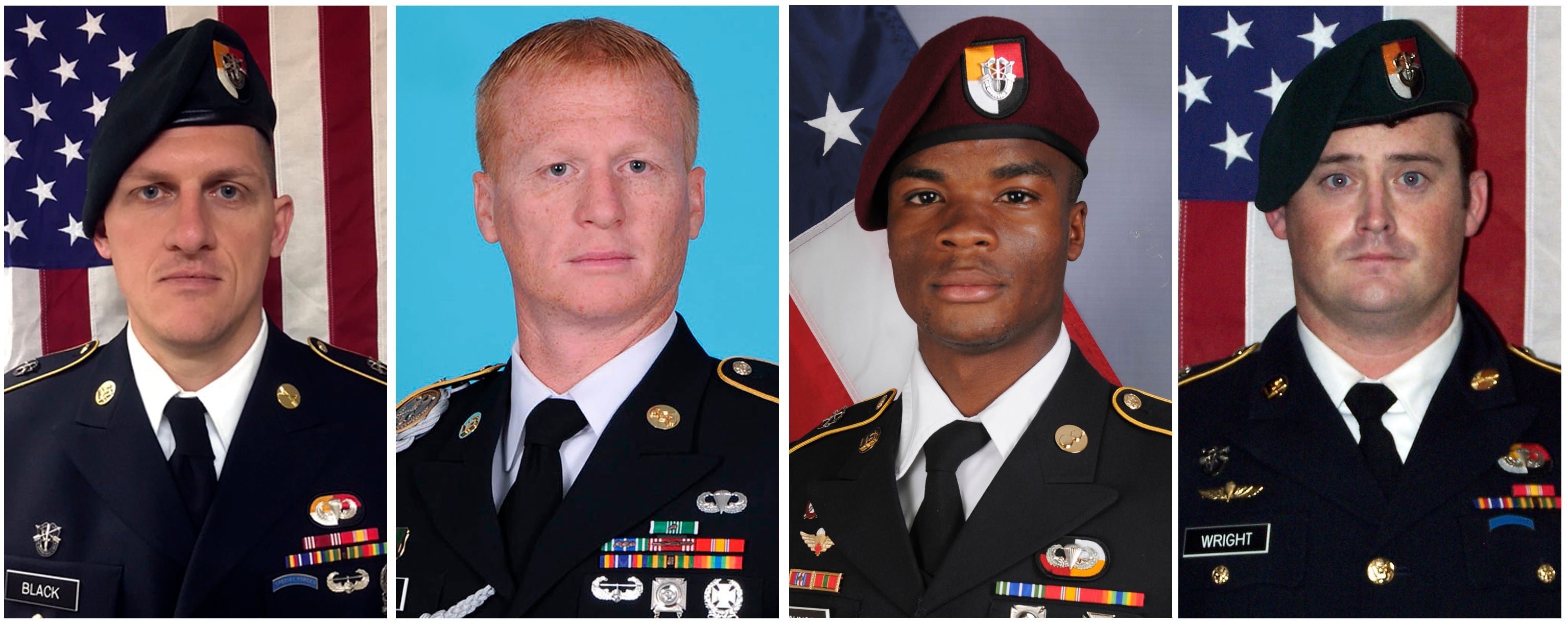
What the investigation did not do was make recommendations for any type of punishment to those commanders. Instead, any disciplinary actions were referred “to [U.S. Special Operations Command] for appropriate action,” Marine Gen. Thomas Waldhauser, head of AFRICOM, said in May.
Sgt. 1st Class Jeremiah Johnson, Staff Sgt. Bryan Black, Sgt. La David Johnson and Staff Sgt. Dustin Wright were killed in the deadly Oct. 4, 2017, ambush. The Green Beret team and 30 Nigerien troops were returning from a village near the Malian border when they were overrun by scores of extremist fighters.
The team had originally been heading toward the Niger-Mali border in order to conduct a capture or kill mission against an Islamic State group leader named Doundoun Cheffou.
After intelligence had located Cheffou, the Green Beret team and its partner forces planned to jointly infiltrate the militant leader’s camp alongside a helicopter-borne team of U.S. special operations and Nigerien counterterrorism forces. Weather caused the helicopter team to be scrubbed, and the ground team continued alone.
RELATED
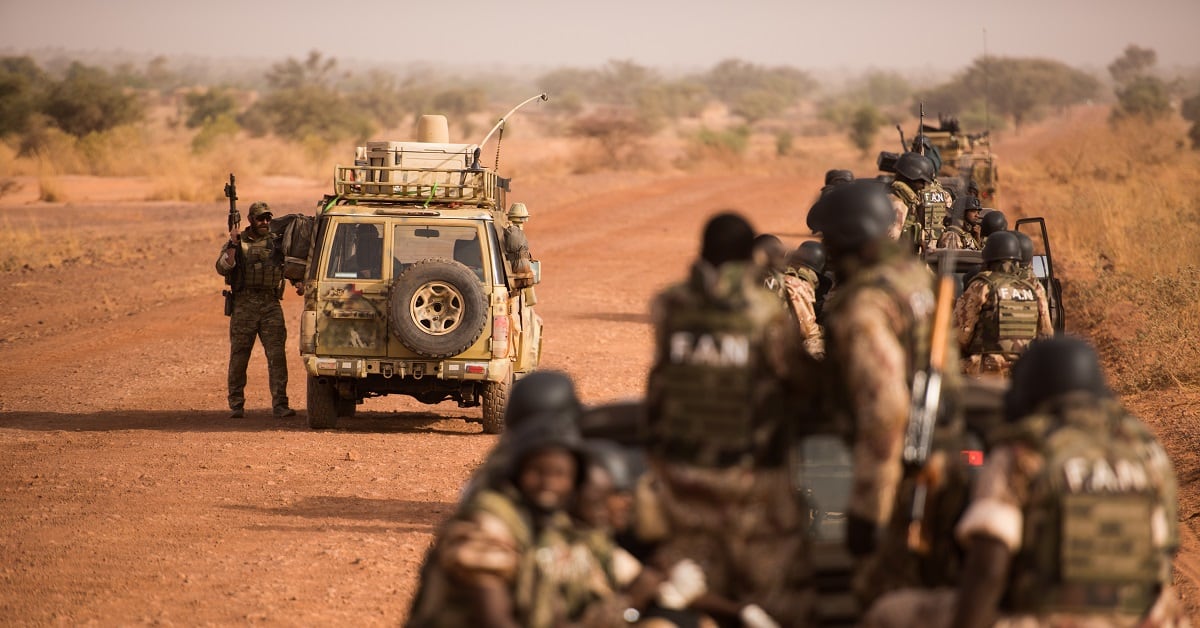
The Green Berets did not find Cheffou at his campsite and headed to the nearby village of Tongo Tongo for a key leader engagement. When departing the village, the team was ambushed by the group of Islamic State-aligned militants that had been reportedly tracking the joint team’s movements for hours.
The investigation found that while the team was authorized to perform key leader engagements and advising for local forces, they were not authorized to perform capture or kill missions.
The concept of operations paperwork sent up through the chain of command reportedly mischaracterized the nature of the mission. Had the Green Beret team been clear about their intent to pursue Cheffou, a higher level of review would have been required.
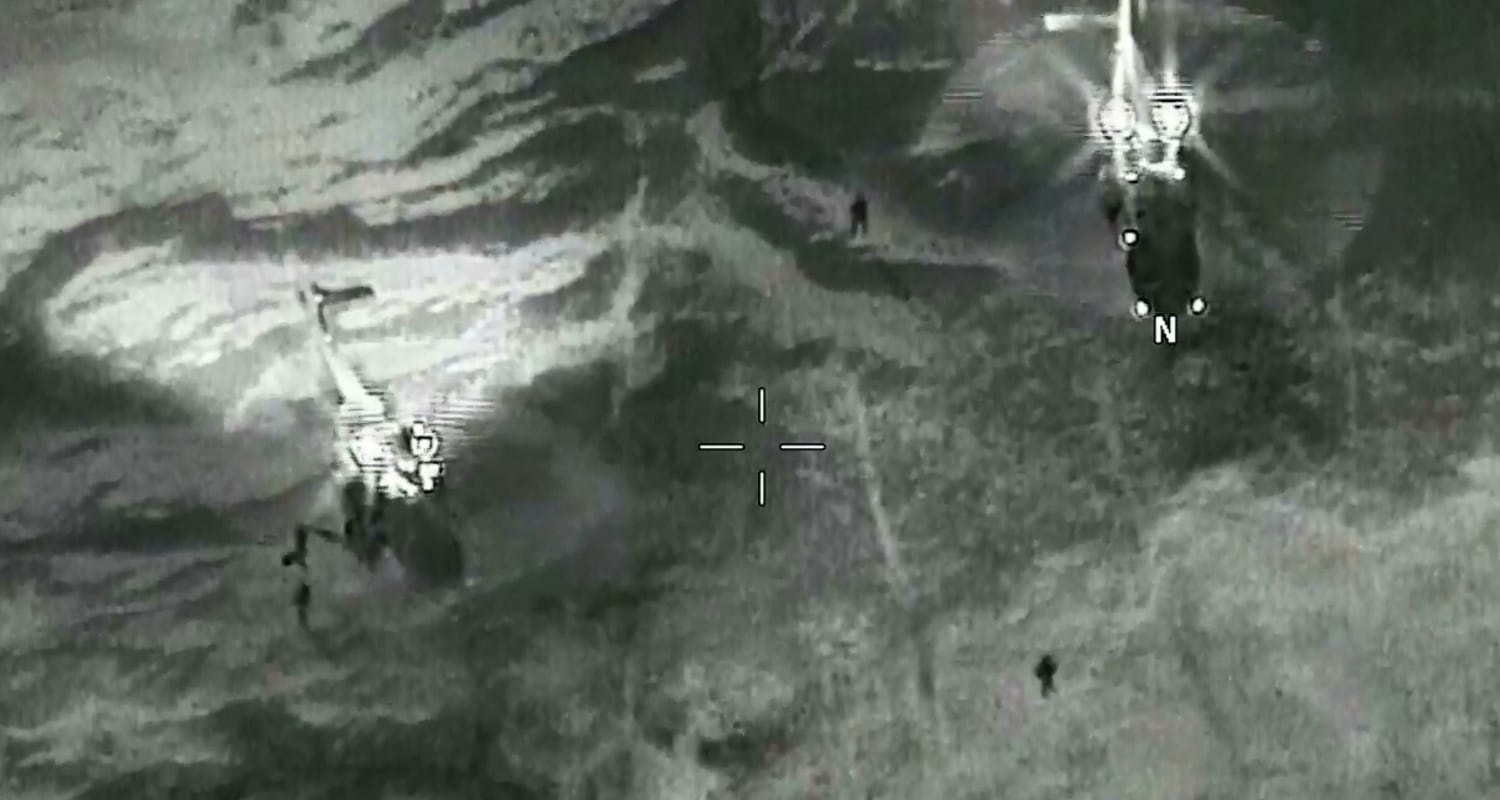
The investigation determined that the commanders who filed the paperwork were not being intentionally deceptive.
“The paperwork that was submitted, the packet was identical to a previous [concept of operations]. So it was done hastily, and there was a lack of attention to detail,” Cloutier said. “It wasn’t a deliberate intent to deceive, it was lack of attention to detail.”
Since the ambush, AFRICOM has made several changes to better protect troops, including giving forces armored vehicles rather than low-visibility ones, providing armed drones to provide overwatch, and cutting the response time for medical evacuations.
Kyle Rempfer was an editor and reporter who has covered combat operations, criminal cases, foreign military assistance and training accidents. Before entering journalism, Kyle served in U.S. Air Force Special Tactics and deployed in 2014 to Paktika Province, Afghanistan, and Baghdad, Iraq.
